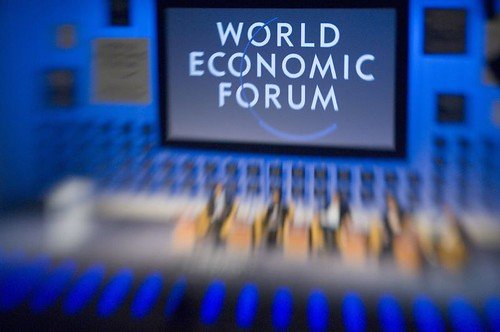In a significant move, the Federal Reserve announced a decision to maintain the current interest rates during its September meeting this Wednesday. The federal funds rate, which has been hovering at a 22-year high of 5.25% to 5.5%, will remain unchanged for the time being. However, the question on everyone’s mind is whether this pause will be short-lived as inflation continues to linger outside the central bank’s preferred target range, despite a resilient labor market.
Selma Hepp, the Chief Economist at CoreLogic, voiced concerns about the persistent inflation, particularly driven by rising rent and housing costs. Hepp’s statement reflects the uncertainty surrounding the U.S. economy, as consumers grapple with increasing prices on essential goods and services.
Fed Chairman Jerome Powell reiterated the central bank’s commitment to controlling inflation, stating, “Inflation remains well above our longer-run goal of 2%. We’re prepared to raise rates further if appropriate, and we intend to hold policy at a restrictive level until we’re confident that inflation is moving down sustainably toward our objectives.”
Despite some signs of a cooling labor market, the latest jobs report data indicates that wage growth, a key indicator for the Fed, has slowed but remains high. The Conference Board think tank reports a year-over-year wage growth of 4.3% in August. This is lower than last year’s peak of 5.9%, but still significantly higher than pre-pandemic levels. The Conference Board predicts that the Fed may raise interest rates at least once more before the end of 2023, reflecting their cautious approach to inflation control.
The Fed’s decisions have a direct impact on consumers, particularly those with high-interest debt. Michele Raneri, Vice President and Head of U.S. Research and Consulting at TransUnion, explained, “When the Fed announces an interest rate increase, credit card interest rates typically follow shortly thereafter, which may result in larger minimum monthly payments for credit card holders.” The rising levels of consumer credit, surpassing $5 trillion year-over-year in 2022, and the staggering $1 trillion credit card debt in the second quarter of 2023 are worrisome signs.
A survey by Quicken revealed that more than a third of consumers are expecting greater difficulty in paying off their credit card debts this year compared to the previous year. A concerning 35% of respondents, including those earning over $150,000 annually, fear they won’t be able to pay off their credit cards by year-end.
To tackle high-interest credit card debt, many Americans are turning to personal loans, which offer lower interest rates. While the average credit card interest rate stands at a staggering 20.68%, personal loan interest rates, or APRs, can plummet as low as 4.6%, according to research by Credible.
Liz Pagel, Senior Vice President and Head of TransUnion’s Consumer Lending Business, emphasized, “As the Fed has raised interest rates in hopes of curbing inflation, many consumers have turned to unsecured personal loans as a way to consolidate their credit card debt to get a lower interest rate.” This strategic move not only saves on interest over time but can also lead to an improvement in credit scores.
For those seeking to escape the burden of high-interest debt with a personal loan, visiting the Credible marketplace to compare options from different lenders without affecting their credit scores is a wise choice.
However, as the labor market shows signs of slowing, some experts believe it could signal a recession on the horizon. The Conference Board noted declining job openings, voluntary quits, a rising unemployment rate, and decreasing consumer confidence in the labor market outlook. They forecast a potential recession by the end of 2023 or early 2024, citing high interest rates, declining pandemic savings, and the resumption of mandatory student loan repayments as contributing factors.
Despite these challenges, some economists maintain hope in the resilience of the labor market. Rob Haworth, Senior Investment Strategy Director at U.S. Bank Wealth Management, highlighted, “The job market’s strength is helping consumers keep up their spending levels.” The economy continues to benefit from low unemployment and solid job growth.
In times of economic uncertainty, individuals worried about the state of the economy can explore the option of paying down high-interest debt with a personal loan at a lower interest rate. They can seek guidance from personal loan experts at Credible to address their financial concerns.
The Federal Reserve’s decision to hold interest rates steady provides a temporary reprieve for consumers, but the road ahead remains uncertain. As inflation persists and the labor market fluctuates, the economic landscape will continue to evolve, requiring individuals to make informed financial choices to secure their futures.
Download our app MadbuMax on the Apple App Store for the latest news and financial tools. Interested in getting your finances in order do not forget to check Dr. Paul Etienne’s best-seller book on personal finance. To access more resources, tools, and services please click here. Also, do not forget to follow Dr. Etienne on IG or Twitter.





